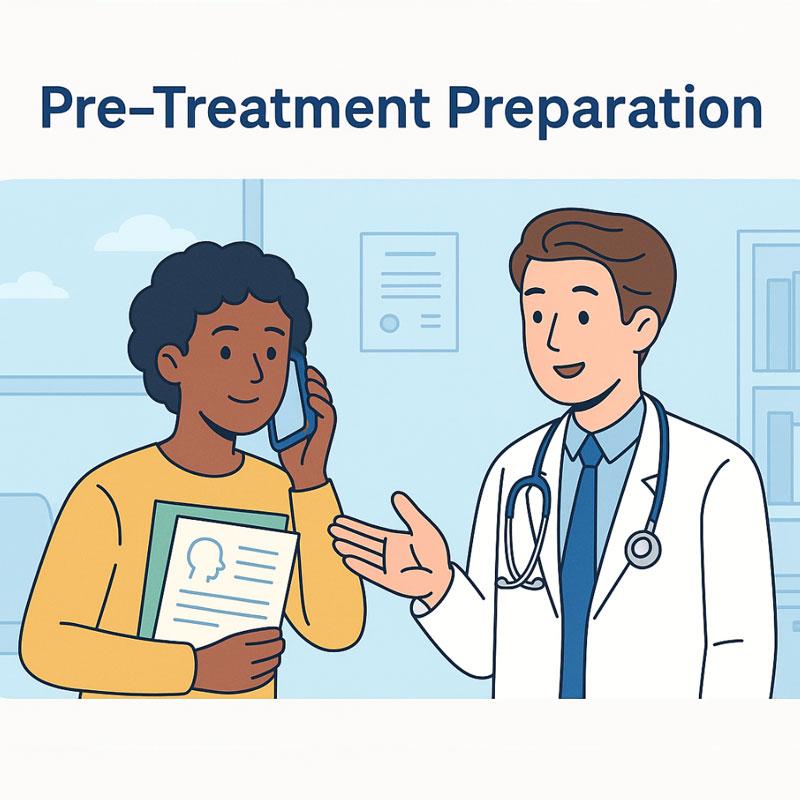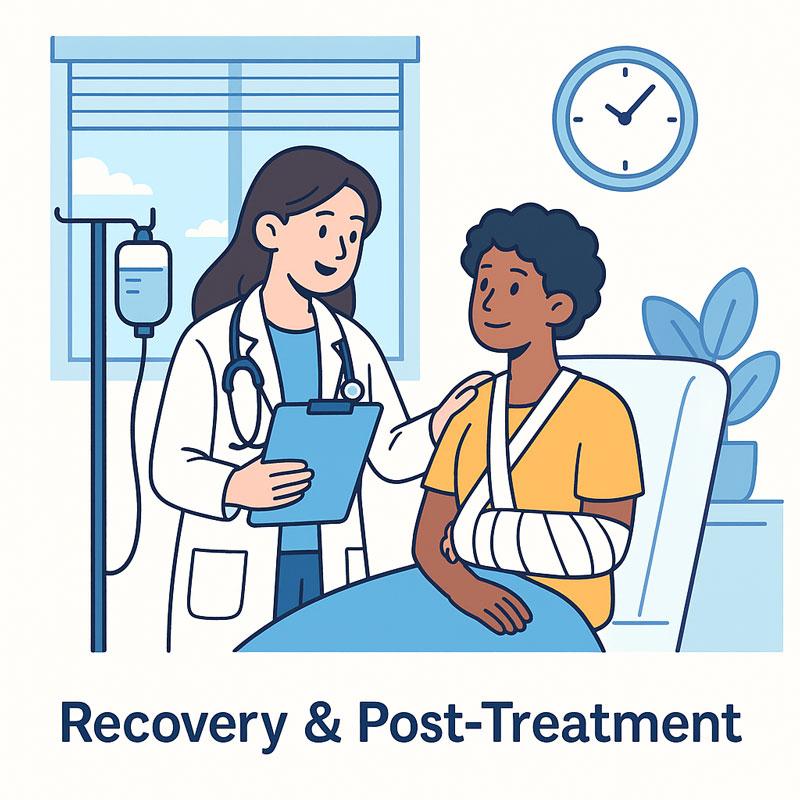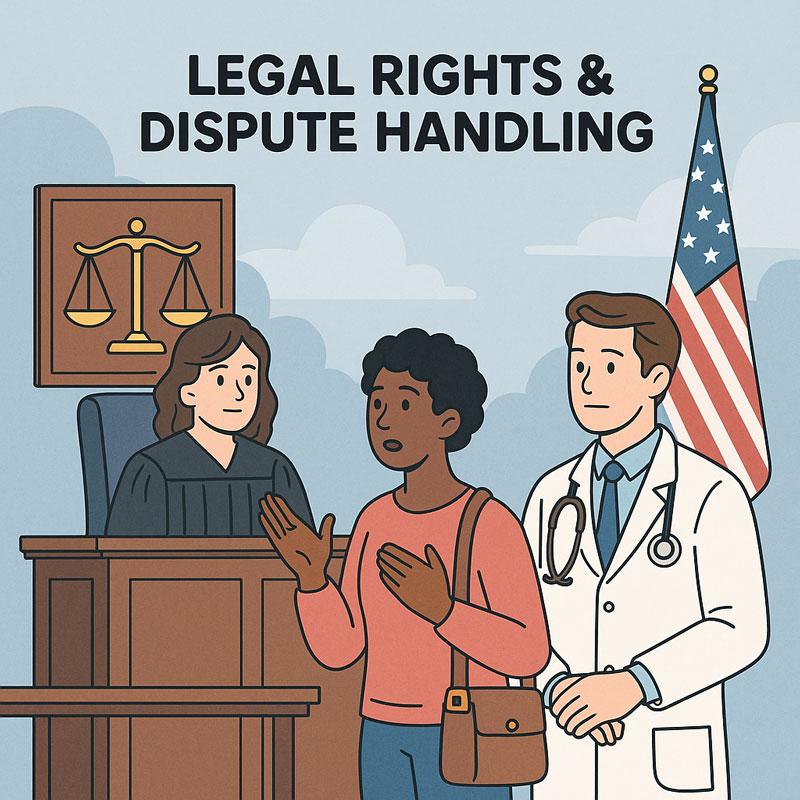Medical Tourism Guide
Medical Tourism Master Guide (A-Z)

Why Choose Korea for Medical Tourism?
South Korea pairs world-leading medical technology with an efficient, outcomes-driven system—and nowhere is that more concentrated than in Seoul. Newsweek and Statista’s World’s Best Hospitals listings regularly feature Korean institutions (18 in 2023, 13 of them in Seoul), while independent benchmarks like Numbeo’s Health Care Index rank Korea among the very top globally for medical skill, speed, modern equipment, and responsiveness.
The numbers reflect patient trust. In 2024, Korea welcomed about 1.17 million foreign patients from 202 countries—the first time the country passed the one-million mark—with roughly one million receiving care in Seoul. Beyond clinical excellence, patients value fast diagnosis, prompt procedures, multilingual coordination, and easy access via Incheon International Airport—all of which make high-quality care in Seoul both streamlined and travel-friendly.
See more details on why patients choose Korea for their medical journey
Research & Decision Stage

How do I choose the right hospital or clinic in Korea?
Choosing the right clinic: the 4-step check
- Confirm legal registration — Verify the clinic is authorized to treat foreign patients via KHIDI/Medical Korea or the clinic’s MOHW certificate.
- Vet the surgeon — Confirm board certification (hospital bio, KMA or the relevant specialty society) and review matched before/after cases and case volume.
- Get a written, itemized estimate — Include surgery, anesthesia, hospitalization, and aftercare; be cautious of too-low or vague quotes.
- Rely on verified reviews & real BnA — Avoid anonymous or promotional posts; look for verified patient stories.
Read the full guide: 👉 How to Choose a Clinic in Korea: A Step-by-Step Guide
How to Spot a Bad or “Factory” Clinic?
Despite Korea’s strong reputation, some clinics don’t meet minimum standards or prioritize volume over quality and safety. Learn the red flags and how to verify a clinic.
👉 How to Spot a Bad Clinic: Key Warning Signs
What to Ask in Your Online Consultation with a Clinic in Korea
For international patients, an online consultation is the first and most important step in planning surgery abroad. It’s your chance to ask questions, understand your options, and decide whether a clinic is trustworthy. A good consultation should feel transparent, detailed, and personalized—not rushed or vague.Here are the key questions every patient should ask before committing to surgery in Korea:
👉 Online Consultation Checklist for International Patients Before Getting Plastic Surgery in Korea
Refund & Cancellation Policies for Medical Tourists in Korea
Before you book, make sure you understand how refunds work in Korea. National consumer-protection standards set minimum deposit-refund amounts based on how many days before surgery you cancel, and clinic policies must be at least as generous as those standards. Always request the clinic’s written cancellation/refund policy (including what happens if the clinic cancels), and save it with your estimate and receipts. If your procedure is VAT-eligible, also confirm the clinic participates in the medical VAT refund program and note the filing steps and deadlines—missing them can forfeit your refund.
👉 See detailed article → Refunds & Cancellation Policies in Korea
Payment Options in Korea (Does Apple Pay work?)
Paying in Korea, made easy. Learn the smartest way to send deposits (timelines & fees), which cards work, when to carry KRW, how digital wallets really work (Apple Pay isn’t universal), where to find Global ATMs—and the pitfalls to avoid (DCC, traveler’s cheques). Check your limits, enable overseas usage, and bring a backup method.
👉 Read the full Payments Guide in Korea
Travel Preparation for Korea: Required Documents & Visas
What documents should I prepare? Set yourself up for a smooth trip by confirming the essentials early. Gather and duplicate your medical records (labs, imaging, prescriptions, allergies) and share any conditions or medications with your clinic in advance. Check that your passport is valid for 6+ months, confirm whether a tourist visa (C-3/visa-free) is enough or if you need a medical tourism visa (C-3-3/G-1-10), and purchase travel insurance with medical coverage for unexpected events. Keep printed and digital copies of everything (itinerary, clinic contacts, insurance docs) so you’re ready from check-in to check-up.
- Passport
- Medical Records
- Visa
- Insurance
- digital copies of everything
See the complete document checklist for medical tourism in Korea
Pre‑Treatment Preparation

Do I need an interpreter in Korean hospitals/clinics?
Many hospitals provide medical coordinators and interpreters
(English, Chinese, Russian, etc.). Ask your clinic in advance whether English‑speaking staff or translation services are available. If they aren’t, you can book through a reputable agency or hire a private interpreter.
What other questions should I ask during an online consultation?
Top 5 things patients forget to pack
- Loose, comfortable clothing: Easy to wear after surgery when mobility may be limited (e.g., zip-up hoodies, button-front pajamas).
- Personal medications: Bring enough of your regular prescriptions, as brand names may differ in Korea. Keep them in original bottles with labels.
- Medical records & copies: Test results, prescriptions, imaging (X-rays, MRI) for your Korean doctors, plus a copy to keep for yourself.
- Contact list (hospital, embassy, emergency numbers): Quick access in case of an emergency.
- Comfort items (neck pillow, slippers, blanket, eye mask): Recovery is easier when you feel at home in your accommodation or hospital.
Before Signing Medical Consent Forms
- Ensure the consent form is in a language you understand.
- Confirm risks, complications, and aftercare responsibilities.
Recovery & Post-Treatment in Korea

How long should I stay in Korea after surgery?
Your stay depends on the procedure and your doctor’s advice. Use our sample recovery timelines by procedure as a starting point, and plan a small buffer in case swelling or follow-ups extend your stay. Major surgeries typically require longer in-country monitoring. Stitch removal can often be done in your home country—confirm the removal date, suture type (absorbable/non-absorbable), and any fees with your clinic before you leave.
Want procedure-by-procedure recovery times and step-by-step aftercare?
Read the complete Recovery Guide
What if complications occur after I return home?
Before departure, request a full medical record in English (operative note, medication list, imaging/results, implant stickers or lot numbers if applicable). Arrange follow-up care with a local doctor in advance and ask your Korean clinic how to reach them for remote check-ins (email/video). Keep post-op photos and symptom notes to share with both teams if needed.
VAT Refund for Cosmetic Procedures in Korea
Can I get a tax (VAT) refund for medical services?
Yes, but only under specific conditions: the procedure must be eligible (e.g., cosmetic services like eyelid or nose surgery, skin whitening, liposuction, etc.), and it must be conducted at a medical institution registered for foreign patient attraction and affiliated with a tax-refund operator. Then, you must obtain a Certificate of Selling Medical Service to initiate the process.
Will there be any changes to the refund scheme after 2026?
Yes. The Korean government plans to terminate VAT refunds for foreign cosmetic surgery patients by December 31, 2025. After that date, the tax refund program for medical tourism will no longer operate.
Returning Home

How do I plan long-term follow-up after treatment in Korea?
- Share your Korean medical records with your local provider.
- Some hospitals offer remote consultations post‑surgery. [ Online Consultation Checklist ]
Immigration & customs: what to know when departing Korea
- Normally, no declaration is needed for treatment.
- If carrying prescription medications, keep prescriptions to avoid issues.
Legal Rights & Dispute Handling in Korea

When receiving medical treatment in Korea, international patients are protected by the same laws that apply to Korean citizens.
Understanding your rights and knowing where to seek help can make your medical journey safer and more transparent.
Your legal rights as a patient in Korea
- Right to informed consent: Clinics must explain the procedure, risks, recovery, and costs in advance; patients sign consent before treatment.
- Right to transparent pricing: Clinics must provide a written estimate and clarify [What’s included in the Price?]
- Right to safety: Only registered foreign patient attracting institutions may legally treat international patients.
- Right to medical records: You can request copies of your records (preferably in English) before leaving Korea.
Dispute handling & support channels
If problems arise—such as refund issues, medical disputes, or poor aftercare—you have official channels for resolution.
However, we recommend that patients first try to resolve disputes directly with the clinic. In most cases, this is the fastest and most effective route, since filing an official claim through government institutes can take significant time, paperwork, and energy, especially for foreign patients.
Still, if direct resolution is not possible, you may seek help from these organizations:
- Medical Korea Information Center (KHIDI)– Offers consultation and guidance for foreign patients– Provides support in multiple languages
- Korea Consumer Agency (1372 Consumer Helpline)– Handles disputes regarding deposits, refunds, and consumer protection cases– Can intervene if clinic policies conflict with national standards
- Korea Medical Dispute Mediation and Arbitration Agency (K-Medi)– Specializes in medical malpractice or complication disputes– Provides mediation and, if needed, arbitration between patients and clinics
Want to see the full guide to Patient Rights & How to Raise a Dispute (for International Patients)? Read our full guide!
Practical tips for foreign patients
- Keep written contracts, estimates, and receipts.
- Request English versions of consent forms and aftercare instructions.
- Contact your agency/coordinator first; many issues can be resolved quickly.
- For unresolved cases, reach out to KHIDI / KCA / K‑Medi.
Patient Rights in Korea – How to Raise a Dispute
FAQs: Korea Medical Tourism
Q: When is the best season to visit Korea for medical tourism?
A: The peak seasons are March–May and October–December (especially year-end). Clinics and hotels book up fast and prices (flights/hotels) can spike. For more personal care and easier scheduling, aim for shoulder/off-peak windows. Avoid the few days around major Korean holidays—Seollal (Lunar New Year, late Feb–Mar) and Chuseok (Korean Thanksgiving, late Sep–Oct)—when many clinics close or run limited hours. Read more: [When is the most popular and best season for medical tourism in Korea?]
Q: How safe are the medical tourism agencies in Seoul
A: Many are legitimate and helpful—but safety depends on verification and transparency. In Korea, agencies that attract foreign patients are a regulated business type. By law, an “international patient attraction agency” must be registered with local authorities under the MOHW framework (the same ecosystem that governs hospital registration for foreign patients). Ask any agency to show its Registration Certificate for Foreign Patient Attraction Business (외국인환자 유치업 등록증) before you engage.
Not sure whether to use an agency—or which one?
Agency vs Direct in Korea: How to Verify a Good Medical Tourism Agency (Pros & Cons + Checklist)
Q:Clinics only for foreigners vs. where locals go
A: “Foreigner-focused” clinics typically invest in multilingual coordinators, online consults, airport pickups, and concierge-style service—convenient if you don’t speak Korean, but often pricier and more volume-driven. Clinics popular with locals may have lower overhead and strong surgeons, but limited English support and lighter marketing, making them harder to discover without Korean-language research or local referrals. These themes come up repeatedly in patient discussions.
Read the full guide: How to Spot a Bad (Low‑Quality) or “Factory” Clinic in Korea - 9 Red Flags